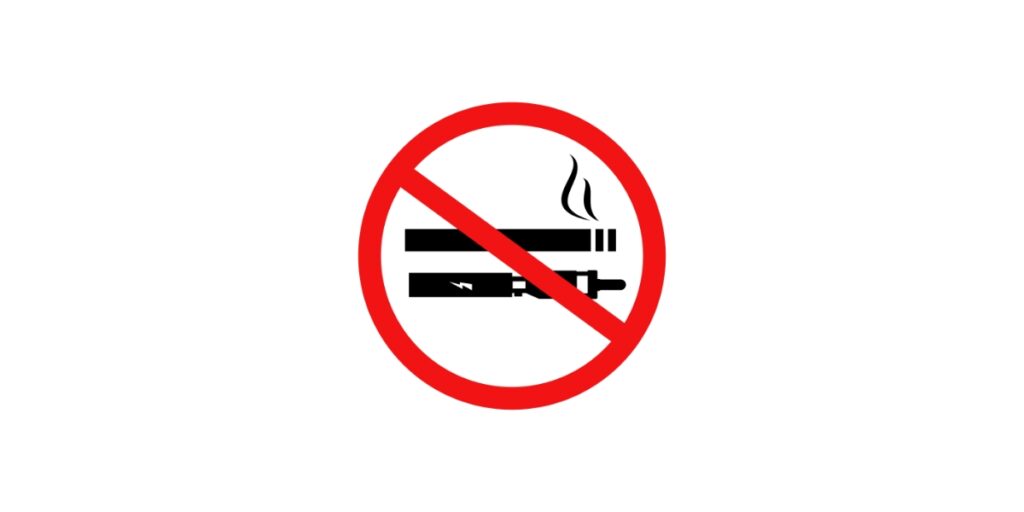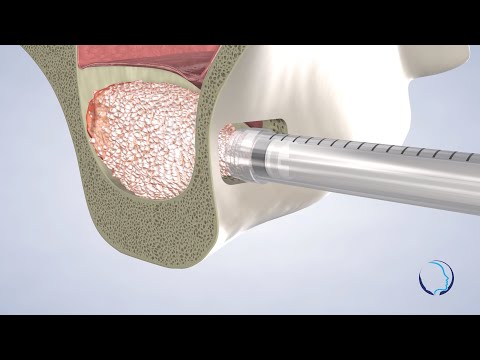Download Instructions: READ THESE INSTRUCTIONS CAREFULLY & COMPLETELY
Take the instructions on the go. Download in PDF format.
The following information applies when upper jaw bone height or width have been lost. The graft is placed to help restore your jaw bone in preparation for possible implant placement for the missing tooth/teeth. This procedure is important to allow for implant placement in an area that could not be otherwise implanted due to insufficient bone height secondary to an enlarged sinus.
Sinus Precautions
- Avoid anything that causes pressure in your nasal cavity
- Do NOT blow your nose or sneeze while holding your nose for the next 4 weeks. This may be longer if indicated
- If you need to sneeze, make sure you sneeze with your mouth open.
- Do NOT drink with a straw and do NOT spit
- Avoid scuba diving and flying in pressurized aircraft (this will increase sinus pressure)
- Avoid bearing down, such as lifting heavy objects, blowing up balloons, playing musical instruments that require a blowing action, or any other activity that increases nasal or oral pressure.
- Avoid smoking. Use nicotine patches, if necessary.
Over the Counter decongestants such as Drixoral, Dimetapp®, or SUDAFED® will help reduce pressure in the sinuses.
Sutures (Stitches)
If dissolvable sutures were placed during your surgery, they will dissolve in approximately 5-7 days. If non-dissolvable sutures were placed, you will be notified when they will be removed.
Pain Management
- The best way to treat pain is to prevent it from starting! Take the recommended pain medication BEFORE the local anesthesia (“Novocaine”) wears off, beginning immediately after surgery.
- Numbness may last up to 12 hours.
- Continue taking the non-opioid pain medication consistently for the first few days to limit pain and swelling, even if you are not experiencing pain.
- We recommend:
- Acetaminophen (Tylenol®) 500 mg: Take 1 pill every 6 hours for 5 days, then take only as needed for continued pain.
- NOTE: Never take more than 400 mg of Acetaminophen in 24 hours*
- Ibuprofen (Advil®/Motrin®) 600 mg: Take 1 pill every 6 hours for 5 days, then take only as needed for continued pain.
- NOTE: Never take more than 3200 mg of Ibuprofen in 24 hours*
- Take both Tylenol & Motrin together!
- Narcotic/Opioid: (see prescription): This is the last resort in pain management, and should only be taken for severe pain that is not relieved by Acetaminophen and Ibuprofen. Opioids often cause nausea/vomiting, constipation, drowsiness, and addiction, and so opioids are best avoided, unless absolutely necessary. Do NOT consume alcohol while taking opioids. If the prescribed medication does not seem to work for you, do NOT increase the dosage. Please call our office for recommendations.
Other Medications
Antibiotics are to begin the day of surgery. If you instructed to use chlorhexidine (Peridex™) Mouthwash, begin 2 days after your surgery.
Bleeding
- Bleeding typically stops within a few hours after surgery. Slight oozing or occasional bleeding for the first 3 days is normal.
- Keep the gauze pad(s) directly on the surgical site(s) for 30 minutes.
- Do NOT chew on the pad. Maintain firm biting pressure for 30 minutes, and change the pad every 30 minutes until the bleeding subsides.
- If bleeding continues after the above measures, moisten a black tea bag and place it over the surgical site(s) with gauze pads over it, and maintain firm biting pressure for at least 30 minutes.
- If heavy bleeding persists after 5-6 hours of continuous applied pressure, please call our office.
- Avoid strenuous activities for 7 days. Strenuous exercise after surgery may cause bleeding and throbbing.
- Do NOT blow your nose or cover your nose while sneezing.
Swelling & Bruising
- Swelling is normal following most oral surgery. Swelling normally increases for 3 days and begins to subside about the 5th day. To help reduce swelling and pain, apply cold compresses to the face for 20 minutes on and 5 minutes off for the first 36 hours. Sit/sleep with your head elevated with 2-3 pillows, or in a recliner. After 36 hours, switch to gentle heat to help reduce the swelling.
- Bruising may arise after surgery depending upon the surgery and the patient’s tendency to bruise. Bruising typically resolves, as any other bruise does, over a course of a few days to 2 weeks.
Oral Hygiene & Rinsing
- Resume gently brushing your teeth the next morning. If toothpaste causes discomfort, brush your teeth without toothpaste. Do NOT forcefully rinse or spit; this may dislodge the blood clot and cause pain or bleeding. After 12 hours, begin gently rinsing with warm salty water following meals to soothe the gums and keep food particles out of the surgical site(s). If prescribed, the Chlorhexidine (Peridex™) mouthwash should be used 2 days after surgery and continued 2 times daily for at least 7 days. Do NOT use Listerine or any other mouthwash (beside Chlorhexidine, if prescribed) for 7 days.
If this is checked, use the provided syringe to rinse the food from the lower surgical sites. Wait 5 days after surgery to begin using. Use salty water and/or Chlorhexidine mouthwash (if prescribed). Continue using the syringe until the gums are closed (about 2-4 weeks).
Diet Recommendations
- Following surgery, you should drink plenty of fluids with emphasis on water. Do NOT suck fluids through a straw. Avoid all carbonated beverages for 72 hours. Avoid foods that require chewing while you are still numb, or you may inadvertently bite yourself. Begin with softer foods and then return to a normal diet as it becomes comfortable to do so (usually 7 days). NO SPITTING. NO STRAWS. NO HOT FOODS/LIQUIDS for 7 days.
Smoking & Alcohol

- Do NOT smoke/e-cig/vape for 2 weeks. Do NOT drink alcohol for at least 7 days following your surgery. Smoking and/or alcohol delay wound healing and are the major causes of dry socket and infections (painful).
Wearing Your Prothesis or Night Guard
- Partial dentures, flippers, or full dentures should not be used immediately after surgery until your post-operative appointment unless specifically instructed otherwise. Please contact the office if there is any question. If you have a temporary flipper to wear, do NOT place it until the numbness in the area is gone. When it is placed, it should not touch the gums in the area of the surgery. If it does, this can cause ulceration of the wound edges and cause breakdown of the suture margins. This can lead to loss of the graft (if you had a bone graft placed).
After Sedation
- Drowsiness may persist for several hours following sedation. This is normal, and the effects will continue to wear off over the next 12-24 hours. Patients should not drive or operate any machinery for 24 hours.
When You Should Notify The Doctor:
- Heavy bleeding persists after 5-6 hours of continuous applied pressure.
- Symptoms of an allergy or reaction to the medication such as a rash, hives, itching, severe diarrhea, or vomiting.
- If, 4 days after the surgery, you have an increase in pain or swelling with a bad taste in the mouth.
- Severe nausea and vomiting.
- A fever above 101.5 degrees Fahrenheit.
- You continue to feel numb more than 24 hours after your surgery without any improvement.




